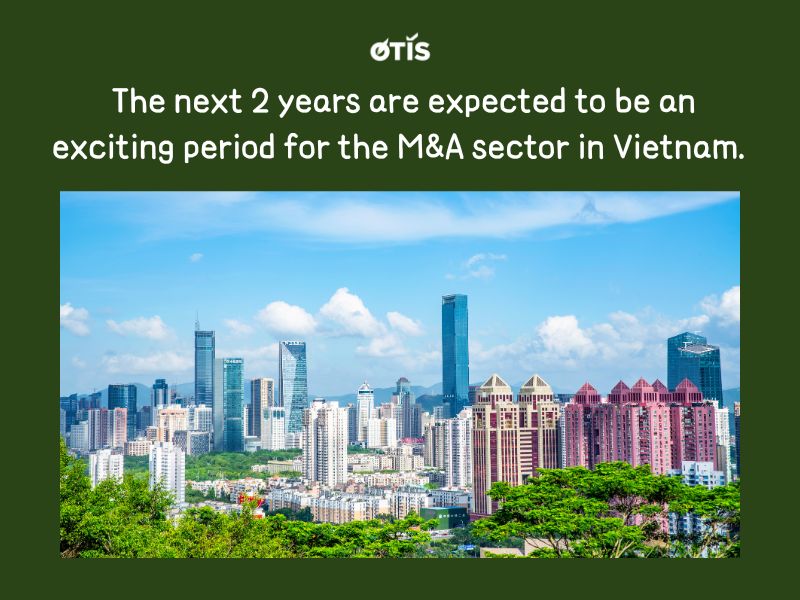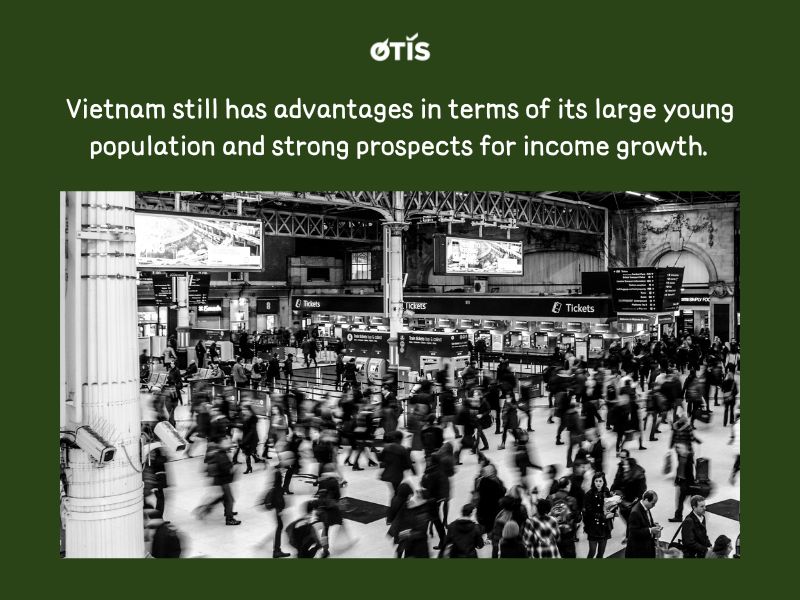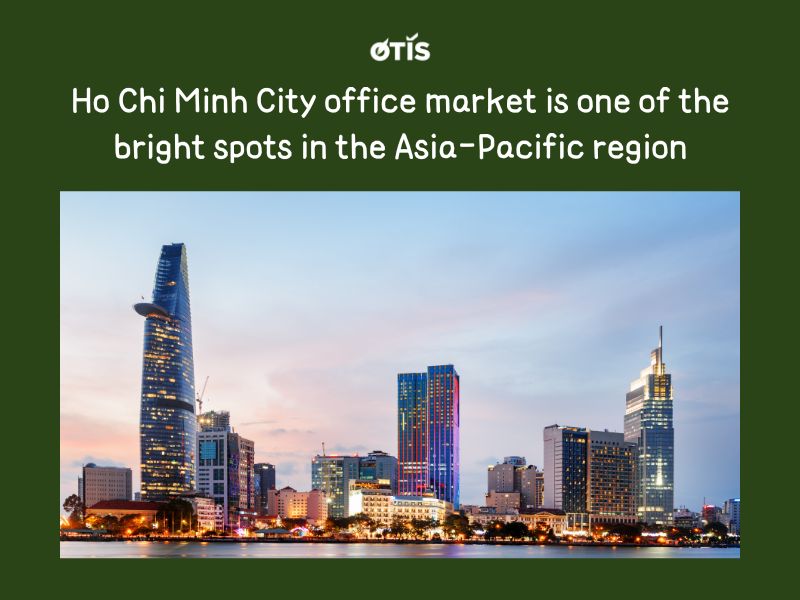Foreign investors are still “interested” in the Vietnamese real estate market even though many projects are facing legal problems, because Vietnam is still a developing country, behind the markets of Hong Kong, Shanghai, and Singapore, ect.
M&A PROSPECTS
According to Savills Vietnam, in 2023, the Vietnamese real estate market has experienced global economic pressure and global as well as domestic challenges. High interest rates cause a recession in the world economy, sowing instability for investors. Rising inflation also puts pressure on household spending. The manufacturing sector recorded high inventory levels and decreased production orders, directly affecting Vietnam’s key growth industry.
Despite facing many difficulties, the Vietnamese real estate market has maintained its resilience and is ready to take advantage of positive economic changes and policies. In 2023, Savills Vietnam continues to receive strong interest from investors wanting to participate in this potential market.

Despite high interest rates, Vietnam’s growth prospects and relatively high yields still attract foreign investment. Savills said the volume of real estate transactions in the area has dropped sharply, which leaves significant available investment capital. Therefore, the next 2 years are expected to be an exciting period for the M&A sector in Vietnam.
According to Savills, the housing market in Vietnam is attracting foreign investors, especially in the mid-range segment and above. Because middle-class customers are on the rise, as well as a market landscape with scarce housing supply. Any investor capable of launching a project can exploit the high market demand at this time.
Mr. Paul Tostevin, Global Research Director of Savills, said that in recent times, foreign real estate developers often focus on developing more high-end products to match their brands when investing in real estate. Vietnam. In fact, this also happens in many cities around the world. However, Vietnam still has advantages in terms of its large young population and strong prospects for income growth.

In the office segment, in Ho Chi Minh City, although the new supply of Grade A projects is quite abundant, positive rental performance is an opportunity for investors and office developers in the future. Those who provide or reposition green-certified office buildings will attract high rents.
Savills believes that the Ho Chi Minh City office market is one of the bright spots in the Asia-Pacific region. High-end office buildings with green certification also help ensure high occupancy rates and rental prices.

According to Savills Vietnam 2023 ESG Report, there are 20 office buildings with LEED or Green Mark certification in Vietnam, 17 of which are in Ho Chi Minh City, accounting for about 25% of the current and expected total office supply. increase to 31% by 2026.
THERE ARE STILL CHALLENGES
Administrative procedures, especially in resolving land use fees, are still major challenges for real estate investors in Vietnam. Investors are also facing problems with the legal ownership of the project in resolving land use fees and approving 1/500 planning. These are the most important factors for housing development projects.
Currently, not many projects have the necessary approval documents for development, leading to more or less difficulties for investors to participate in the market. This has also caused a scarcity of credit, when banks have difficulty disbursing funds because of incomplete legal procedures for collateral for loans of real estate projects.
In addition, Savills believes that changes in the completion schedule of important infrastructure projects also increase the complexity in determining the optimal time for real estate project development.
“However, Vietnam has a strong economy fueled by a large population, infrastructure development, urbanization, abundant foreign direct investment (FDI) and a middle class. is growing rapidly, if the legal framework allows, it is expected that real estate M&A activities will explode in the next 2 to 3 years”, Savills commented.
Most investments come from Asian countries such as Singapore, South Korea, Thailand, Malaysia and Japan. These countries are already active investors in Vietnam and are expected to increase investment in the next two to three years, in addition to the potential from Middle Eastern investors. In particular, Vietnam’s industry will benefit from many free trade agreements (FTAs), creating a diverse investment base and increasing investment in manufacturing and industrial real estate.
Foreign investors also appreciate the extensive experience and knowledge of the Vietnamese market that domestic businesses bring to the cooperative relationship.
At the same time, domestic enterprises have provided greater investment opportunities for foreign investors, for example, as widespread bases or supporting sub-industries. This allows foreign investors the ability to expand quickly once entering the market, while also leveraging the experience and networks that local partners provide.
For any questions or comments, please contact:
OTIS AND PARTNERS LAW FIRM
Office address: K28 – Group K, Lane 68 Trung Kinh, Yen Hoa Ward, Cau Giay District, Hanoi
Email: info@otislawyers.vn
Hotline: 0987748111


 Tiếng Việt
Tiếng Việt 한국어
한국어 中文 (中国)
中文 (中国)